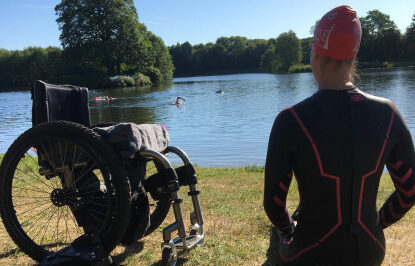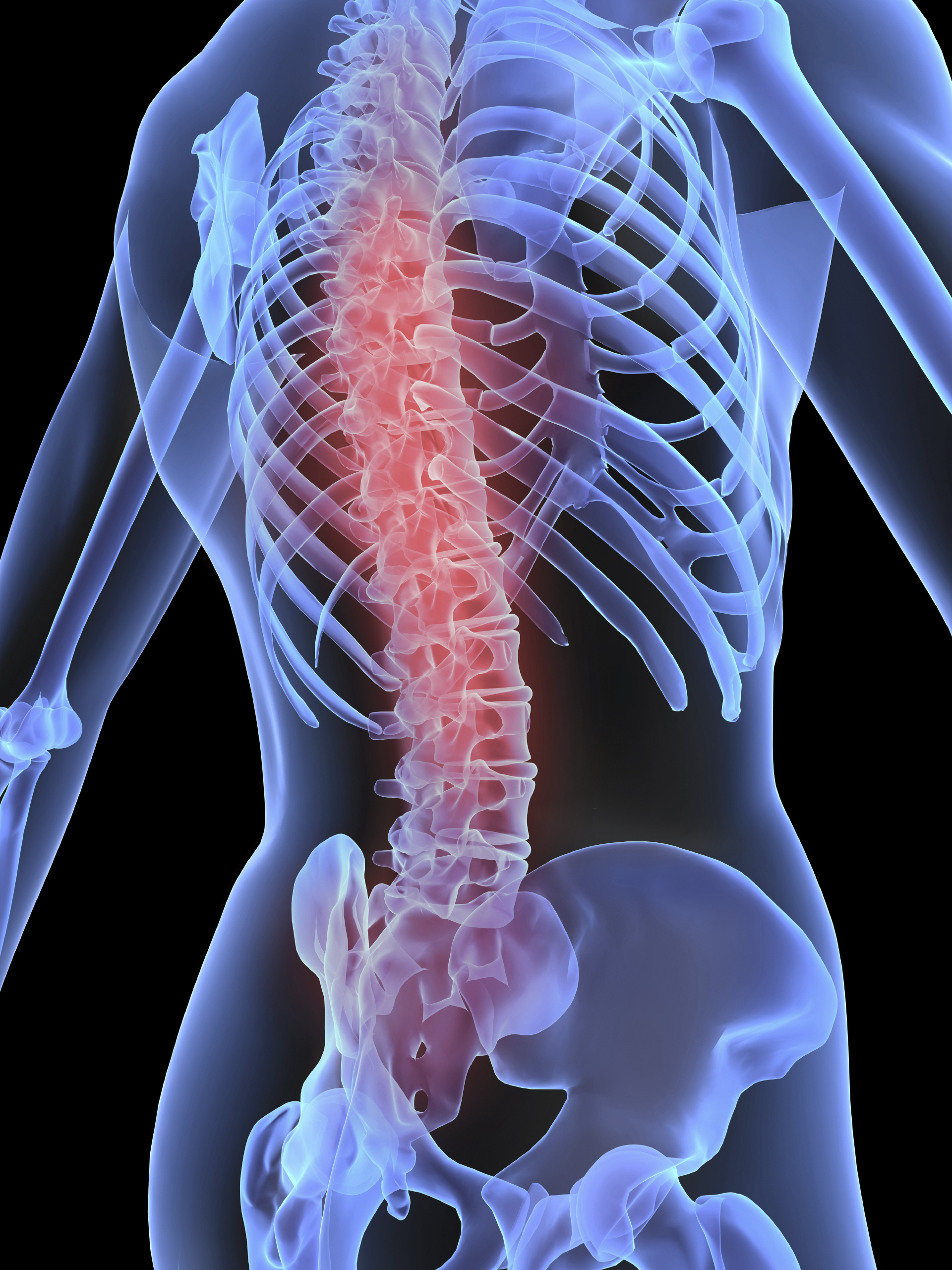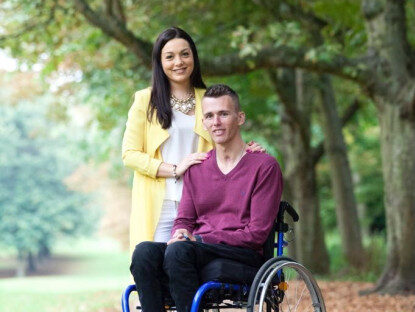Every spinal cord injury is unique, with each individual injury affecting a range of different functions.
This might be visual, such as mobility problems and loss of the ability to walk. There are however many hidden, everyday functions that can be affected.
These can include problems with neuropathic pain, control of bladder, bowel and sexual function, as well as difficulties breathing independently and temperature regulation.
The impact of injury however goes beyond the physical. It robs the individual of the everyday freedom and independence that once was normal, presenting emotional and psychological impacts which need to be addressed on a daily basis. Click on the green hotspots to learn more.

Psychological and Emotional Impact:
An SCI can have a profound emotional and psychological impact, leading to depression, anxiety, and a sense of loss or grief.
Social isolation:
Mobility limitations and barriers to accessibility can lead to social isolation. This can significantly impact an individual's quality of life.
Financial and Employment Challenges:
The cost of everyday care, rehabilitation, assistive devices, and home modifications can be substantial. At the same time individuals with SCI may face challenges maintaining employment.
Loss of sensation
Sensation is fundamental to the human existence. From everyday activities such as feeling textures, sensing temperature changes or even holding a loved ones hand.
Loss of motor function
Motor function impairment can range from weakness to complete loss of muscle control. Depending on the nature of the injury, this can affect individuals ability to move all four limbs.
Bladder and Bowel Dysfunction
SCI often results in impaired bladder and bowel control, which may require the use of catheters or other assistive devices to manage these functions.
Respiratory Complications
In severe SCI cases, especially high cervical injuries, respiratory muscles may be affected, leading to breathing difficulties and the need for ventilatory support.
Autonomic function imbalance
Damage to the spinal cord can affect the ability to regulate unconscious functions via the body’s autonomic system. Leading to problems with temperature control and blood pressure.
Sexual Dysfunction
SCI can affect sexual function, leading to difficulties with sexual arousal, function, and fertility. This can have a significant impact on relationships and self-esteem.
Chronic Pain
Many individuals with SCI may experience chronic pain, which can be neuropathic (related to nerve damage) or musculoskeletal (due to changes in muscle and joint function).
Secondary Health Complications
SCI can increase the risk of secondary health issues such as pressure sores, urinary tract infections, autonomic dysreflexia, and osteoporosis.
Skin
Prolonged pressure on the skin, due to reduced mobility can restrict blood flow to certain areas of the skin. This reduced blood flow deprives the skin of oxygen and nutrients.
Muscle Atrophy and Contractures
Due to the reduced use of certain muscles, muscle atrophy can occur. Contractures (muscle and joint stiffness) can also develop, making movement even more challenging.
Living with spinal cord injury

“If I had normal bladder and bowel control then it would give me a lot more freedom to live my life the way I would like and I would be able to be more spontaneous.” Lizzie


